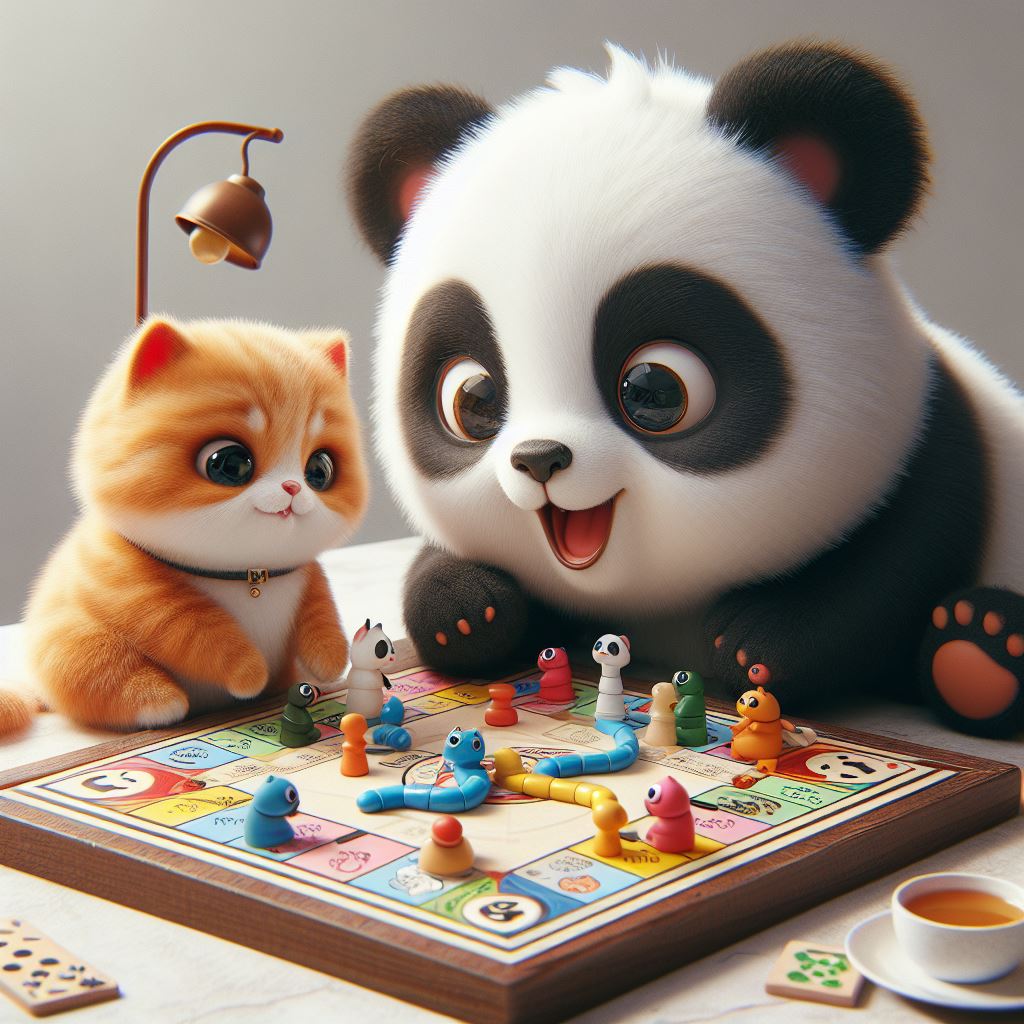
Curating a list of board games to play or maintaining a collection requires thoughtful consideration of various factors. Begin by understanding the preferences of the players you engage with, ensuring a diverse selection that caters to different tastes. Explore different types and genres of games, encompassing strategy, party, deck-building, and role-playing to provide options for various occasions and player dynamics. Consider the number of players your games can accommodate and include a mix suitable for different group sizes. Strive for a balance in complexity, offering both easy-to-learn and more intricate games for diverse gaming sessions. Take into account the average time available for gaming sessions and the age appropriateness of the games, especially if playing with a varied age group. Diversify themes and artwork styles for a richer gaming experience, and pay attention to replayability factors such as variable setups and expansions. Mind your budget and available storage space, avoiding an excess of games that might not see regular play. Utilize reviews and recommendations to discover new games and implement an organizational system to make finding the perfect game easier. Whether considering community engagement or multiplayer dynamics, these considerations will help you curate a board game collection that offers an enjoyable and diverse gaming experience.
By taking these factors into account, you can curate a board game collection that offers a diverse and enjoyable gaming experience for you and your fellow players.
- Player Preferences: Consider the preferences of the players you usually engage with. Some people enjoy strategy games, while others prefer party or cooperative games. Ensure your collection caters to a variety of tastes.
- Game Types and Genres: Diversify your collection with different types of games, such as strategy, party, deck-building, or role-playing. This ensures you have options for various occasions and player dynamics.
- Player Count: Take into account the number of players your board games can accommodate. Have a mix of games suitable for different group sizes, whether it’s a solo game, a two-player game, or a larger group.
- Complexity Level: Consider the complexity level of the games. Have a balance between easy-to-learn games for casual play and more complex ones for dedicated gaming sessions.
- Game Duration: Think about the average time you have for a gaming session. Include both shorter and longer games to accommodate different time frames.
- Age Appropriateness: If you play with a diverse age group, ensure your collection includes games suitable for all ages. Family-friendly games can be an excellent addition.
- Theme and Artwork: Explore different themes and artwork styles. Having a mix of themes adds variety and can enhance the overall gaming experience.
- Replayability: Consider the replayability of games. Games with variable setups, multiple paths to victory, or expansions can keep the experience fresh over time.
- Budget and Space: Be mindful of your budget and the space available for storing board games. Avoid accumulating too many games that might not see regular play.
- Reviews and Recommendations: Research games through reviews and recommendations from trusted sources. This can help you discover hidden gems and avoid purchasing games that might not suit your preferences.
- Organizational System: Implement an organizational system for your board game collection. Whether it’s sorting by genre, complexity, or player count, an organized collection makes it easier to find the right game for the moment.
- Community and Multiplayer Aspect: Consider the community aspect of board gaming. If you often play with friends or attend gaming events, having games that work well in a group setting is important.










